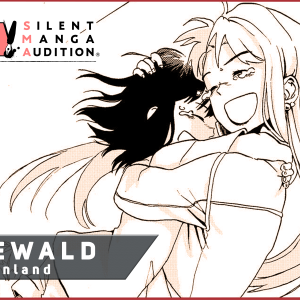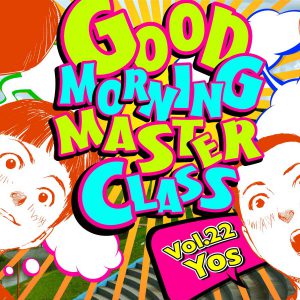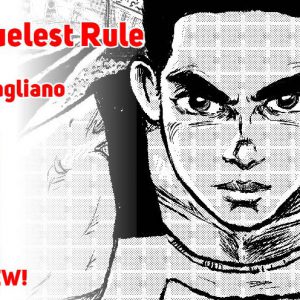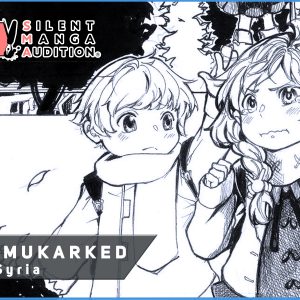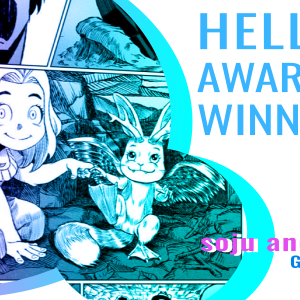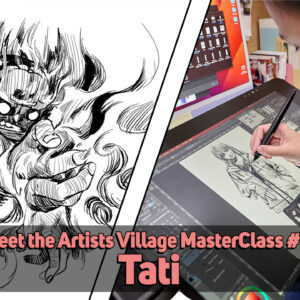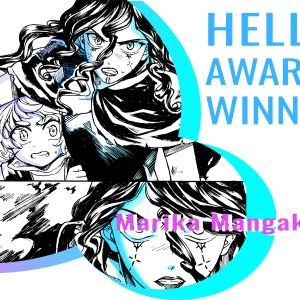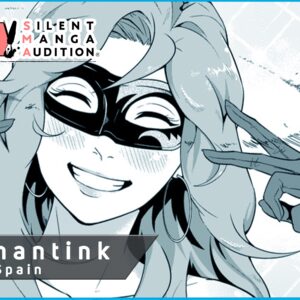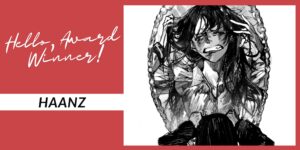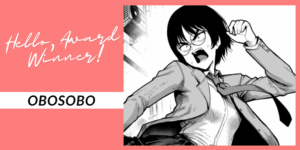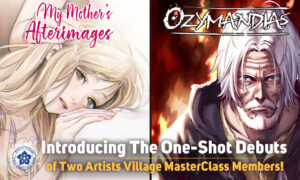Meet the head of our committee! Been in Manga business for the past 30 years, he is responsible for some of the biggest Manga hits of the decade, overseeing development of the whole Shonen-Manga scene as the chief editor for Weekly Shonen Jump, he talks the reasons behind the launch of “Silent-Manga” audition…
Back in the days when I was the chief editor at Weekly Shonen Jump, and a few years before the passing of the Great Mangaka Tezuka Osamu, we were gathered at the selection meeting for the Tezuka Manga Award hosted by Weekly Shonen Jump.
One manga caught our attention, for which there were opposing opinions by the team of editors and Tezuka-sensei. Drawn by a young author, it was a very well composed, literal piece of work that the editors thought were worthy of the highest, or secondary award winning. But Tezuka-sensei, the head of the committee, seemed unwilling to accept that particular piece of work.
It was not a clear rejection neither, but Sensei seemed as if, with little murmuring, he is finding it hard to be agreeing to the editors.
At the time, I did not understand why Sensei did not highly reward the young author’s work. But looking back now, I have come to conclude that “Literal” nature of the work was what Sensei found difficult to appreciate.
I regard the works of Sensei and other masters of the same decade, were more like “a feature film, drawn on Paper”. They are much similar to movies and animations in nature, where “Camera work” and other cinematic presentation techniques are used to tell a story. Words are limited to everyday conversations that are minimal, in plain language that everyone can understand.
Sensei’s works are full of skills and considerations like that, to make Manga an universal entertainment form for readers of all ages. And this may be the reason, why Sensei may have felt something was out of place, when the editors;- maybe a little indulgently – rewarded a piece of work, in which more emphasis was placed on words rather than graphics, Manga panels lacked cinematic effects and seemed more like illustrations, to accompany a piece of literature.
Today, Manga is not only read by a child, but by broad audience including people of all ages. Themes dealt within, have expanded accordingly to cover much sensitive, adult themes and so fourth. For which use of more words and dialogues is necessitated to achieve the desired dramatic effect. This is a inevitable evolution of Manga and there is nothing wrong with that. But one unwanted outcome is the fact there became a language barrier, making the highly evolved manga of Japan hard to read, for non-speakers of Japanese language. I suppose the barrier can also be described as “Translation Barrier”.
Years ago, we at Coamix corp., challenged a task which ended as catastrophic failure;- to the scale unheard of in this industry – to publish and distribute a weekly Manga magazine in the whole wide region of north America. With stupendous financial loss, we gained valuable experience, regarding the height of the translation barrier that we must overcome.
Tezuka-Sensei once said, “Manga is Esperanto”. Meaning, a universal language that can be shared by all. His message is evident in the fact that, works by Sensei and other masters’ were more “Feature film on Paper”, they were less reliant on words, thus much easily appreciated around the world.
All the while, Japanese Manga scene;- maybe too quickly, evolved and turned commercial, industrialized. Through the process, we may have lost touches with that vital, universal element of Manga.
At Coamix corp, after years of continuous discussion regarding “The Original Powers of Manga”, come to conclude that “Movies on Paper” is the origins that we must once again embrace, for Manga to flourish around the world, across languages and cultural differences.
This is the foundation that gave birth to “Silent Manga Audition”, an idea from the Comic-Zenon editorial team, of rewarding Manga that do not utilize words, instead only use visual expression to tell a story.
The award has been running on Comic Zenon since the first edition published in December, 2010. The award brought up some wonderful talents, some of whom have series titles published today. That gave us the courage to try if the concept has really crossed the borders and call out all non-Japan residents to send-in original Manga, in the theme of “Love Letter”. We teamed with publishers in France, Germany and Indonesia, to post announcement on their paper medium, and we produced a website available in English, French, German, Korean… to a total of seven languages. (We carelessly omitted some key languages such as Spanish, Portuguese, Chineses etc…)
But to our surprise! in the scope of six month, we had five hundred and four entries arriving from fifty-four countries. Counties still recovering from tragedy of war, to countries in conflict, countries in poverty, there were many entries from all corners of the world. Just the number alone is unheard of, in any of the Manga awards I am aware of. Even at Weekly Shonen Jump, we never reached such number.
And as much expected as unexpected, all the Mangas were readily available to be understood, to be in sympathy with the author, no matter which country it came from. To further pleasant surprise, all the characters seemed to be in ethnicities of non-specific country or regions. They seem somewhat related to the ones we see in world of Manga. I can only describe them as “Manganians”, the residents of the world where country borders and ethnic differences are non-existant.
Overwhelmed by the great collection of Manga we received, all of us shouted in unison, “How ignorant we have been. There born are the children of Tezuka-Sensei, all around the world!!”
Of course, Manga is not made by just one man, even the great Tezuka-sensei.
It is undoubtedly a communal efforts of authors and Manga-ka’s of his decade. But this “Movies on Paper” is called “MANGA” the world over, a truly unique medium of expression that originated in Japan. A true form of “Cool Japan” as described by some, we feel proud and honoured to have Manga as our profession, and we are so grateful and thankful to the wonderful works of those who have gone before us.
I am pleased to present, all of the 500+ entries from around the world, for the first year round of Silent Manga Audition.
Please spend some of your time, to imagine the unique lives of the author in different country, lifestyle and culture. I am sure it will further deepen the enjoyment of reading each and every page of, the Manga.
Nobuhiko Horie,
President and representative director, Coamix Corp.






